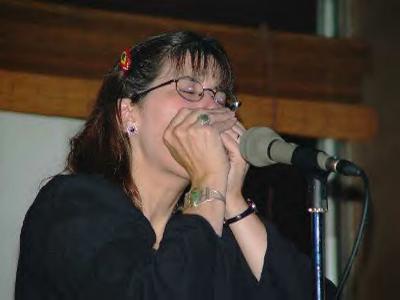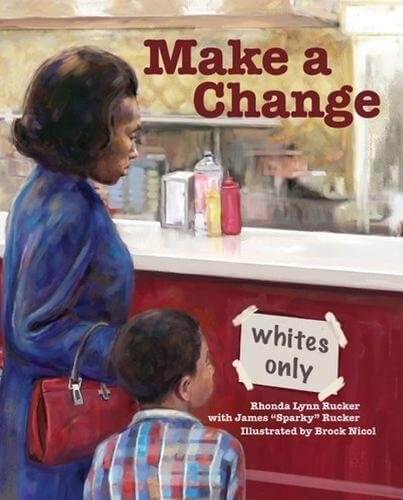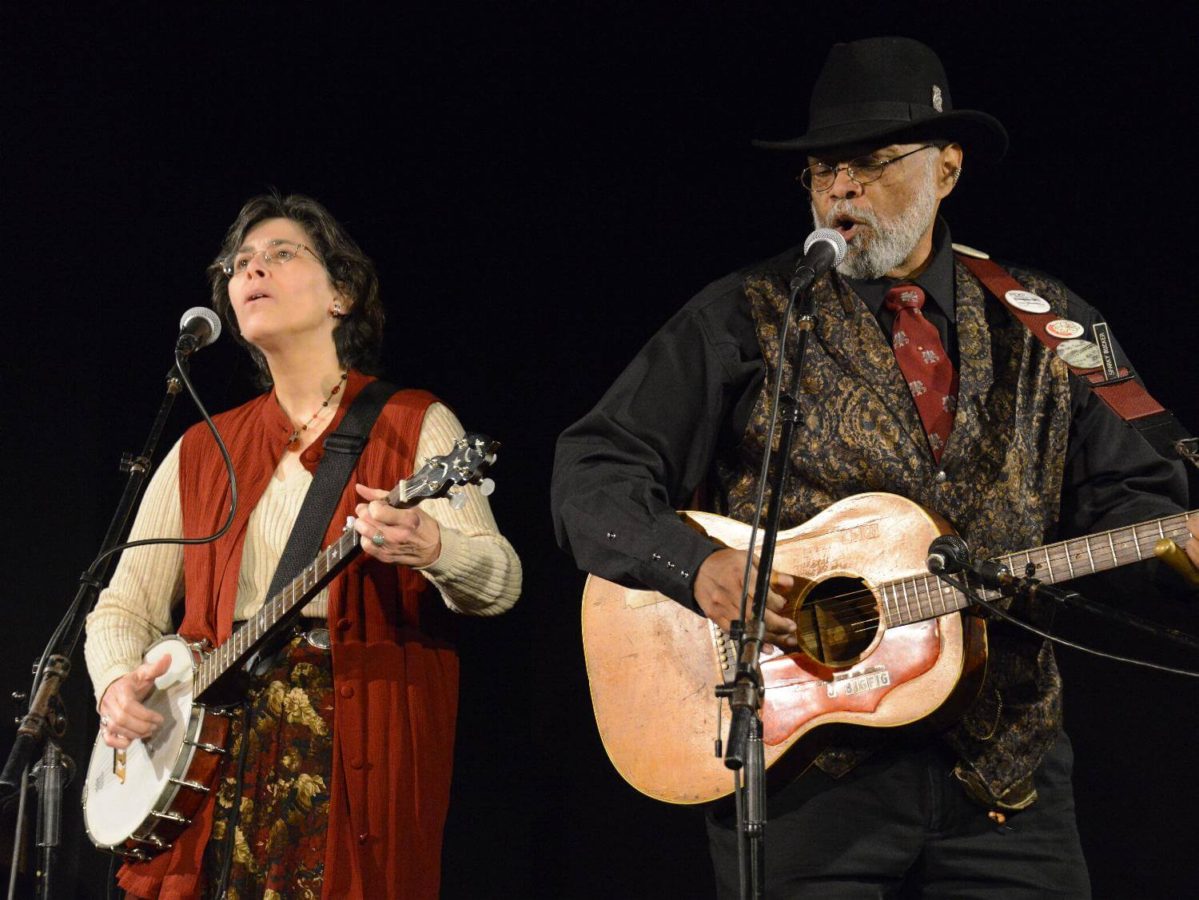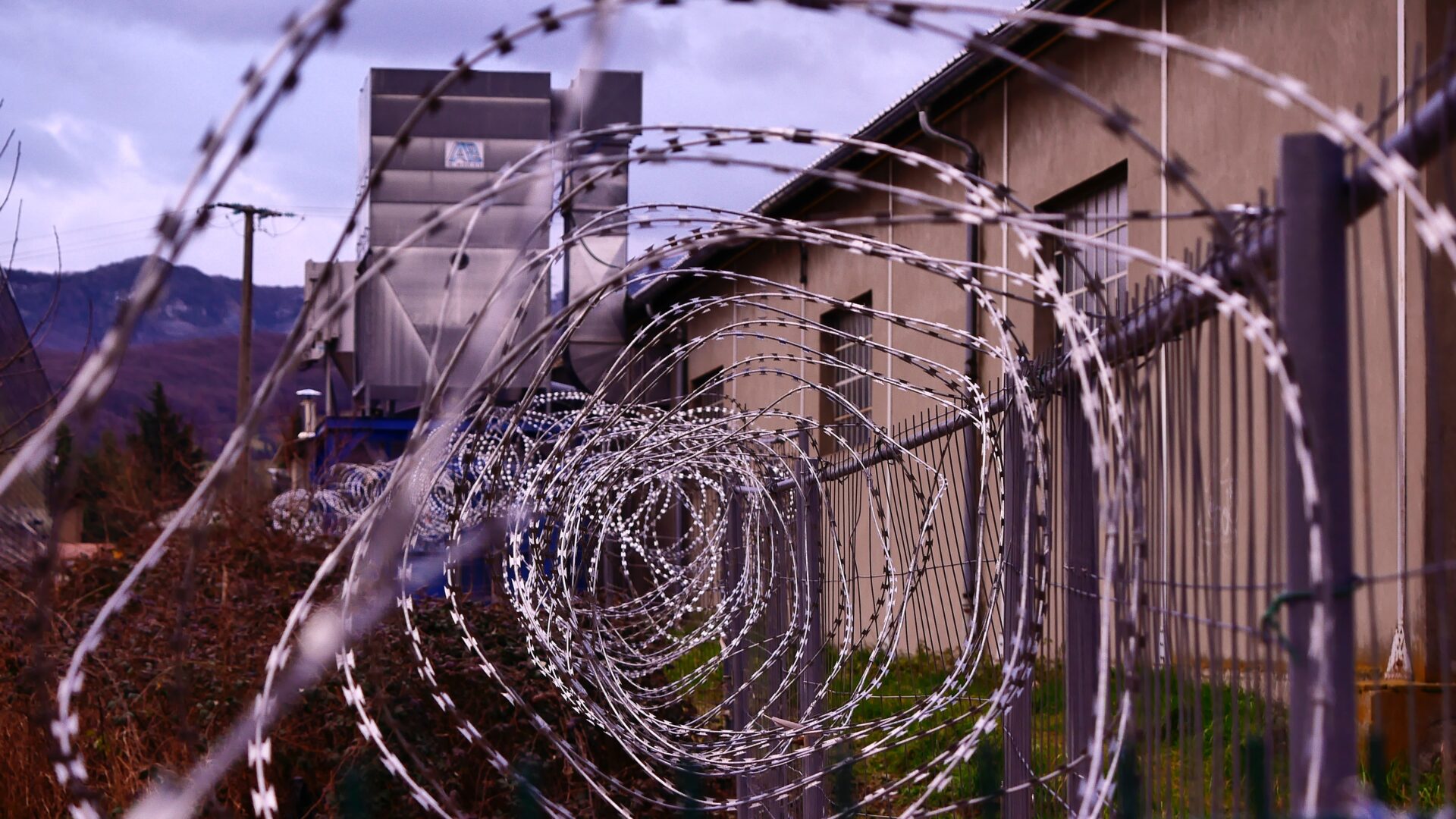- Happy Activism: A Sustainable Way to Create Change Without Burnout - February 9, 2026
- The Meaning of Critical Thinking: A Key Skill for Navigating Today’s Information Landscape - November 3, 2025
- Grandparents Can Develop Activist Grandchildren - September 29, 2025
Last Updated on January 27, 2025

Rhonda’s life path has taken her from practicing medicine in Southern Appalachia to performing around the world with her husband James “Sparky” Rucker, and she stays focused on making change. She incorporates her messages in music and in writing. Her songs echo the change she wants to see in the world. Her children’s books, Swing Low, Sweet Harriet, and Make a Change focus on racial justice.
Interview
I interviewed Rhonda for my book What’s on Your Sign? How to focus your passion and change the world, (now updated and renamed The Happy Activist: Journey the 5-Step Activism Path to Focus Your Passion and Change the World.) Here is an excerpt:
Why did you choose your activism cause?
That’s difficult to answer since I don’t have just one activism cause. One of my primary concerns, however, is the environment. As a child, I loved reading about animals and plants and how they were all connected in a web of interdependency. These were the days of DDT and its threat to the bald eagle and other large predatory birds. Then the Endangered Species Act was passed, and the numbers of the eagles rebounded—one of the major success stories in the environmental movement.
However, science has now shown that the ecological situation is so much more complex than we understood in those days. With climate change, habitat destruction, loss of biodiversity, and so many other perils, the stakes are incredibly higher.
In fact, the more I learn about the damage we’re doing to this Earth, the more I realize that nothing else may matter. We might not only send other species into extinction, we might send ourselves as well. And if we don’t, we will make this world into a living hell, where we fight over disappearing resources, land, and food. That’s why I think it’s imperative for us to get serious about putting the Earth first. After all, it’s our only home.
How did you decide what method to use for your activism?

History should always inform our choices for the future; otherwise, we repeat the same mistakes. One of the things we try to do is teach people about past events. Some of these stories are really inspiring, and they show the power people have when they band together.
I am also an author, so I use that platform to spread these same messages. Reading The Grapes of Wrath as a teenager taught me how persuasive novels can be.
Were there areas where you felt unprepared for your work?
It took me several years of performing before I really felt comfortable or “prepared” to use our presentations as a vehicle for activism. But nowadays it comes naturally to me.
What advice do you have for new activists?
First of all, don’t wait until you feel like you are “ready” or “prepared” like I did. Just take the plunge and do it. You are as qualified as anyone else, and you are certainly entitled to an opinion.
Secondly, I think it’s a great strength to not be wedded to one particular cause. So often, many of these issues are tied together and affect one another. Whenever possible, work with others on their goals. Too often, we focus on our differences and we’re unwilling to compromise. Then nothing gets done. Instead of helping one another, we form circular firing squads. Whenever possible, we need to search for common ground, understand the concerns of others, and give them a helping hand. It’s an imperfect, diverse world, and if we hold back our support because of petty differences, we’ll create a dysfunctional world.
Read more about Rhonda’s work.
Featured image of Rhonda and Sparky Rucker by Pam Zappardino
READ NEXT
Browse more activist profiles.
Browse more examples of artistic activism.




Very entertaining article. I have met Rhonda and she is truly an amazing woman. Her books, her music, her activism. It is all inspirational.
Yes. She is a role model!
A super interview and inspirational woman. I popped for a read from Esme Salon and I am very pleased I did.
So glad you came by!
Thanks for making me aware of her. She’s news to me.
I hope you get to see her in concert someday.
Pingback: Powerful advice for new activists: agitate, agitate, agitate! • Life At the Intersection
Pingback: How to Use Artistic Activism to Change the World
Pingback: Get Inspired By Amazing Activists • Life At the Intersection
Pingback: What Can White People Do to Support Black Lives Matter?
Pingback: Teach Your Child to be an Activist